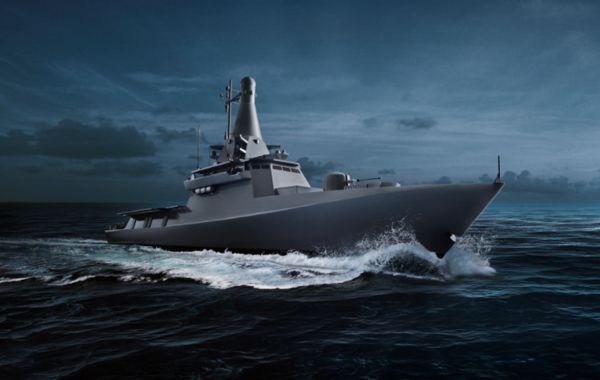Singapore Unveils New Patrol Vessels as Regional Tensions Rise
From Bloomberg by Livia Yap & Sharon Chen
Singapore’s navy is preparing to take on more unconventional missions with a new fleet of patrol boats, as territorial tensions rise in the South China Sea and demands for search and rescue missions increase in the aftermath of airplane disasters in the region.
The first of eight Littoral Mission Vessels was launched this week and will be fully operational by 2017, according to the Ministry of Defence. The ships were designed and built by a unit of Singapore Technologies Engineering Ltd.
Singapore joins other nations in the region in its focus on maritime security, bolstering fleets of coastal combat and patrol vessels to deter piracy, illegal fishing and human trafficking. Countries like Indonesia and the Philippines are also looking to buy more planes for surveillance flights.
Increases in defense spending come as China expands the reach of its military to back its claims to a large part of the contested South China Sea. Militaries are also modernizing as they play a greater role in humanitarian assistance and disaster relief. Singapore joined the searches for AirAsia Bhd. Flight 8501 and Malaysia Airlines Flight 370, and has set up a regional disaster control center.
“We can configure the ship, tailor it to the specific operation needs, and thereby meet the wide spectrum of operations expected of the navy and be more future-ready to take on new roles,” said Lieutenant Colonel Chew Chun-Chau, head of the navy’s Littoral Mission Vessel Project Office.
Bigger, Faster
The Independence-class vessels will replace the current fleet of 11 Fearless-class ships by 2020. More than twice the size, the new ships are faster and need less manpower to operate, the ministry said.
The ships can support unmanned systems including underwater vehicles, while helicopters can be deployed. Crews will be reduced by 30 percent to 23 sailors, the ministry said.
Read the full article here: Singapore Unveils New Patrol Vessels as Regional Tensions Rise
